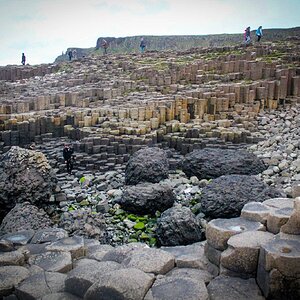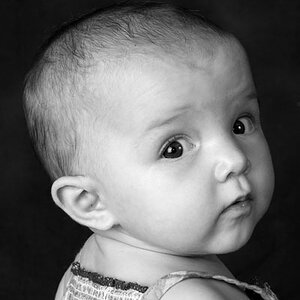highweights
TPF Noob!
- Joined
- Feb 26, 2018
- Messages
- 4
- Reaction score
- 1
- Can others edit my Photos
- Photos NOT OK to edit
Hello everyone. This is my first post and I've been looking for a place where I can get some help with a very particular subject since I haven't been able to find the info online anywhere. Recently I decided to make a living out of my photography and leave the advertising business forever, hopefully. I like to be very diverse with my work but lately I've focused on abstract photography and that will be the work I want to sell for decorating personalized spaces and galleries, since it has a similar visual quality to those of paintings. A lot of my work comes involves macro techniques and closeups from my environment, and that sometimes happens to be museums or such. I have several photographs which are abstracts of sculptures and which are edited in a way where it is extremely hard to tell the originating piece of art, even by the owners, coming to be something entirely new. Now my question is: can I sell this photographs? They never show the sculptures in its entirety (only a small portion of it) and never in their original form since they do not intend to be reproductions of other's work. Do the artists own the rights to my photography even in this situation? Am I missing something? I'm at a turning point in my profession and this question is very important for me to take the next steps, so I greatly appreciate any help you can provide! Thanks again!
Last edited:








![[No title]](/data/xfmg/thumbnail/32/32926-ec27ecead8c80d803404500d8f888dbf.jpg?1619735754)


